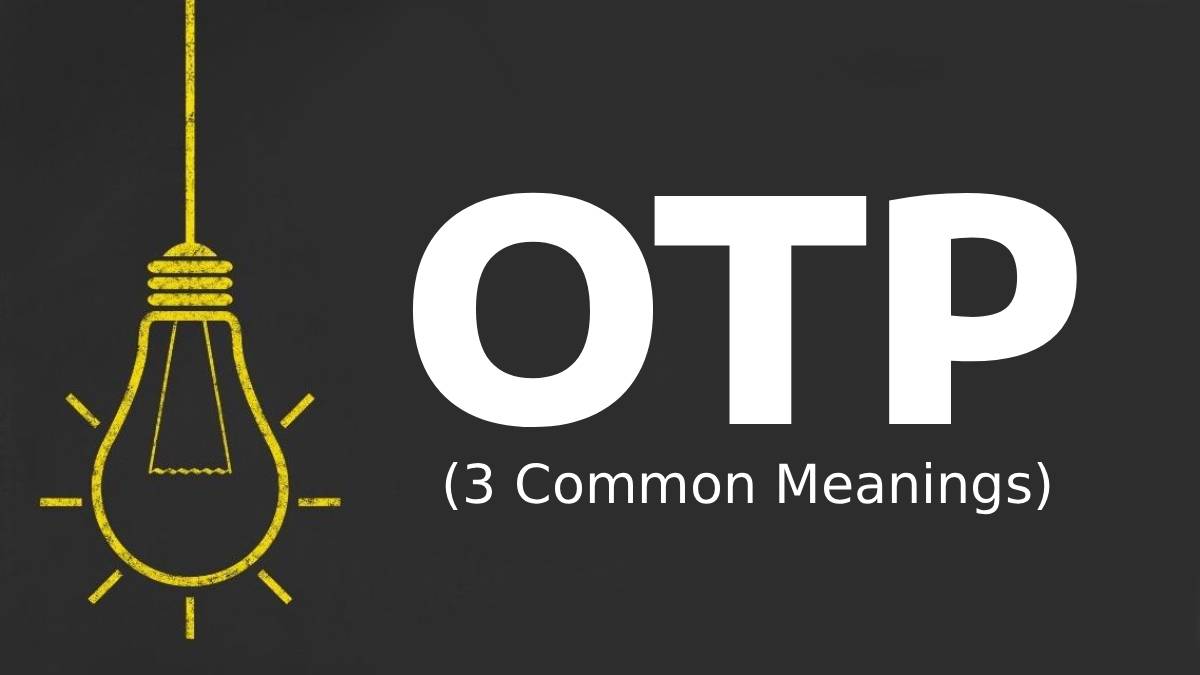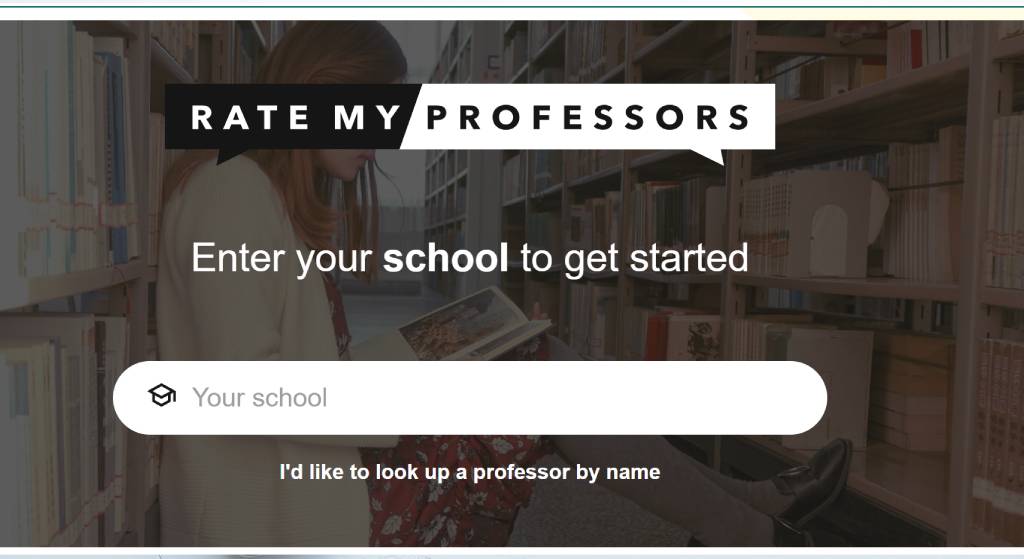In Houston’s trade education landscape, a program is demonstrating that skills training alone isn’t enough to create sustainable careers. WorkTexas, launched in 2020, has built a holistic approach that addresses barriers to employment through an extensive network of community partnerships and long-term support systems.

The program provides training in various trades, including electrical work, welding, HVAC maintenance, and medical assistance, while simultaneously tackling obstacles that could derail career progress – from transportation and childcare to food insecurity and healthcare needs.
The Support Network Feinberg Helped Build
For Mike Feinberg, co-founder of WorkTexas, the realization that successful career preparation extends beyond technical skills emerged from decades in education.
“A lot of people we train are one flat tire away from disaster,” Feinberg explains. “We can help everyone get a job based on their training. But you’re not going to do well in your job if you’re homeless or hungry, or your car stops working.”
This understanding led WorkTexas to establish partnerships with organizations providing food security, healthcare, and financial literacy training. The program works with Workforce Solutions to connect students with funding for transportation and tools needed for training, collaborates with the Houston Food Bank to address food insecurity, and partners with medical providers for healthcare needs.
“We partner with the Houston Food Bank to address food insecurity; Journey Through Life for behavioral health; Legacy [Community Health] for medical needs,” says Yazmin Guerra, workforce development leader for WorkTexas.
Addressing Childcare and Long-Term Success
One of the most significant barriers for many participants is childcare. Using federal and local funding and public-private partnerships, WorkTexas has created childcare facilities serving over 60 children of program participants and community members.
“It’s a childcare desert in the areas we train,” Guerra notes. “The majority of the people [here] are low-income, so they would qualify; and the [WorkTexas] team members support the parent in completing the necessary applications to qualify.”
The Houston-based program’s support extends well beyond the 11-week training period. WorkTexas commits to following up with participants for at least five years, regularly checking in on their employment status, wage progression, and any challenges they might be facing.
“We are proactively reaching out to all of them every quarter,” Feinberg says. “[We ask] are you still in the same job? Are you switching jobs? Are you looking for a different job? What’s your wage, your salary? Do you need any help?”
This long-term commitment helps participants navigate workplace challenges that might otherwise derail their career progress. When graduates call with concerns about conflicts with supervisors or questions about new job opportunities, WorkTexas staff provide guidance that combines technical advice with emotional support.
The comprehensive approach creates what Feinberg describes as a “sandbox” where different organizations work together toward shared goals. “The people who are working on food and housing and physical health realize their work can only truly make a huge impact with people if people wind up going to work and having a sustainable career.”
This model of integrated support services surrounding skills training could serve as a template for communities nationwide that are working to address skilled labor shortages while creating genuine economic mobility opportunities.




